
Get a year of super-useful advice
Who to book with, how to get the best deals plus inspiring destination ideas from the experts, for only £49 for the year.
Join Which? TravelBy clicking a retailer link you consent to third-party cookies that track your onward journey. This enables W? to receive an affiliate commission if you make a purchase, which supports our mission to be the UK's consumer champion.
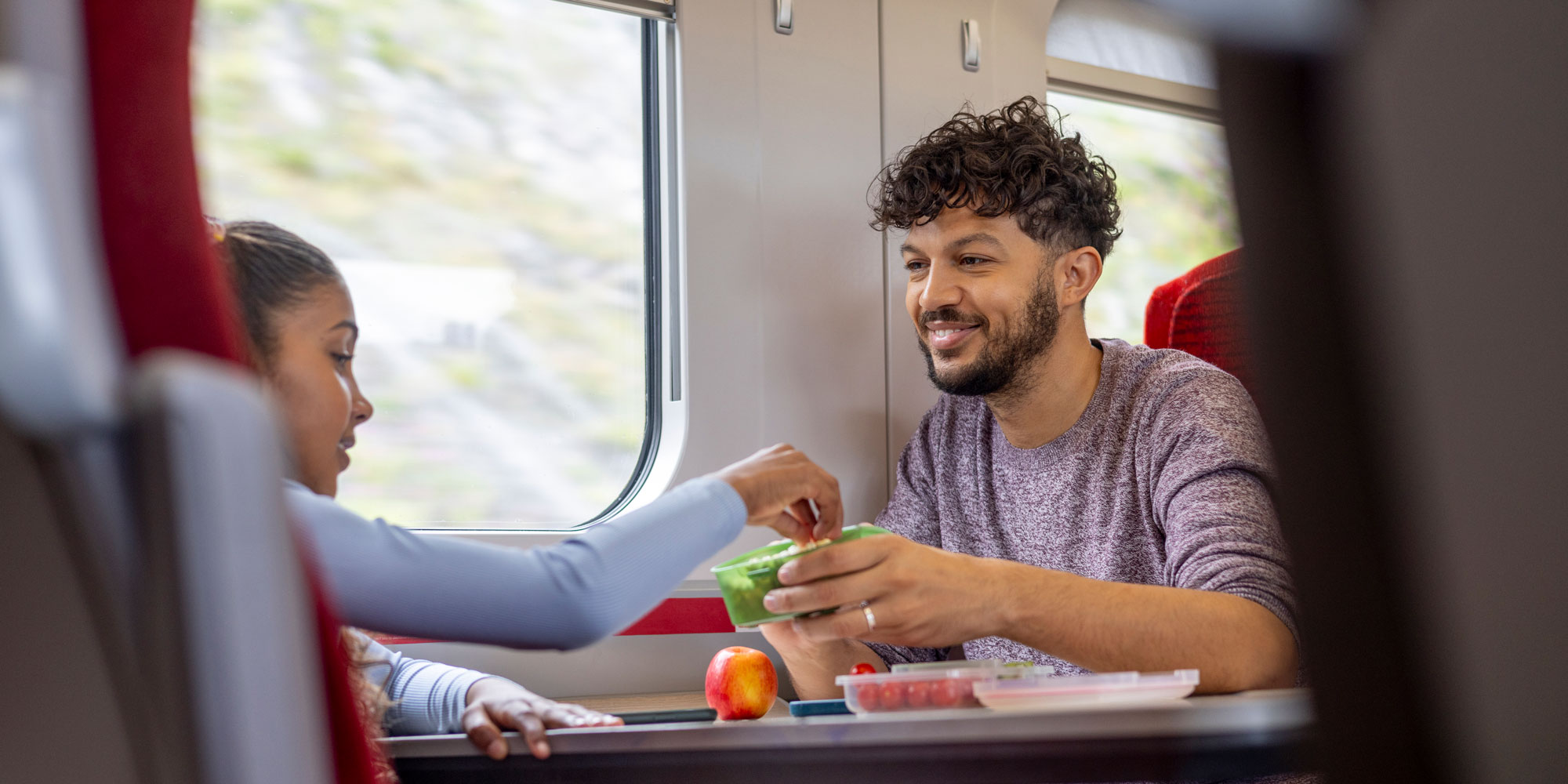
Thousands of holidaymakers are expected to flock to the UK’s best beaches and beauty spots this bank holiday. But it’s not too late to bag a bargain and get a cheap first-class train ticket.
In fact, there are plenty of ways you can get a cheaper train ticket or make your journey more comfortable.
Here are six top insider tips you need to know for your next UK rail break.
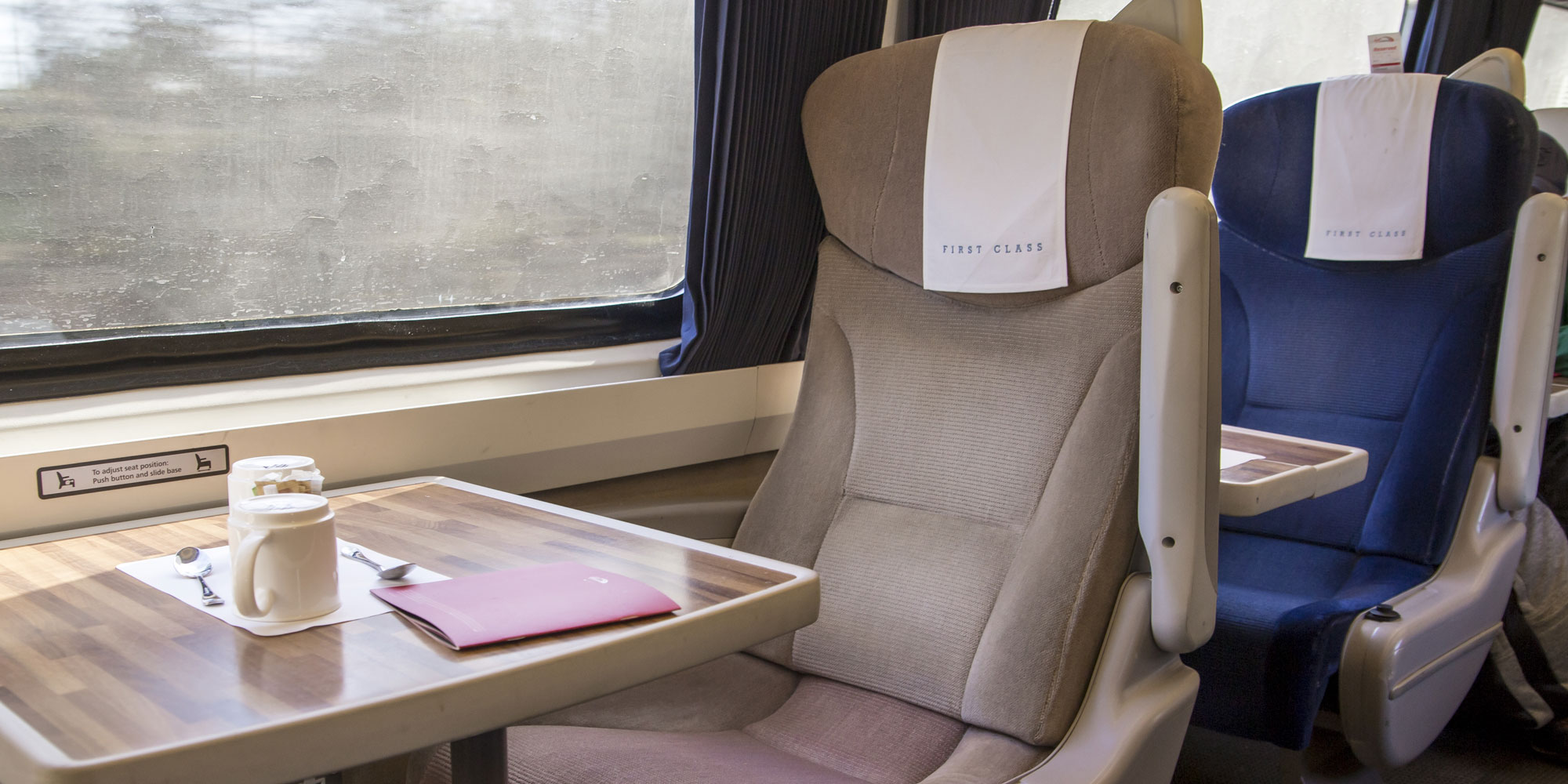
First-class tickets don’t usually come cheap, but we found you can knock more than 50% off the price with Seatfrog. It's an app that fills seats that would otherwise travel empty, via online auction. Passengers who already have a standard ticket can bid on last-minute available upgrades.
We secured an upgrade from London to Edinburgh with a £17 bid (plus a £3 fee) – 58% cheaper than if we’d paid for it outright on the app. The saving is even bigger when you consider the price on Trainline: you’ll typically pay upwards of £80 more for a first-class seat when booking the same journey in advance.
Just be aware that Seatfrog will charge a £3 ‘platform fee’ per upgrade (only payable if you win). And make sure to keep an eye on incoming bids (push notifications will help) and set a limit to avoid getting carried away. If the idea of a bidding war stresses you out, consider going straight in with your maximum for an ‘instant win’. If successful, your ticket will appear in the app and be sent by email.
Alternatively, hold your nerve and ask about available upgrades when you board. Weekend First allows you to switch to first class on Saturdays, Sundays and bank holidays for between £10 and £25 per person one-way on most train operators.
Bear in mind that not all first-class carriages are created equal: perks on LNER include hot food, a reclining seat and a glass of wine. In contrast, you may not even get a comfier seat in Southern's first-class carriages.
These are the UK’s best seaside towns and free days out for 2025

Many of us have ended up standing in the aisle or wedged in the bike compartment for a long train ride. Avoid a packed carriage by checking whether your operator has a ‘how busy is my train’ tool, which uses historical data and real-time information (where available) to predict how crowded a particular service is likely to be.
Many train companies have a capacity checker on their websites: simply enter your departure station, destination, date and time. For example, you’re much more likely to snag a seat on the 7.03am weekday service from Richmond to London Waterloo than if you wait for the next service 13 minutes later, which is typically standing room only, according to the South Western Railway tool.
The UK’s first budget train service – read our review of Lumo
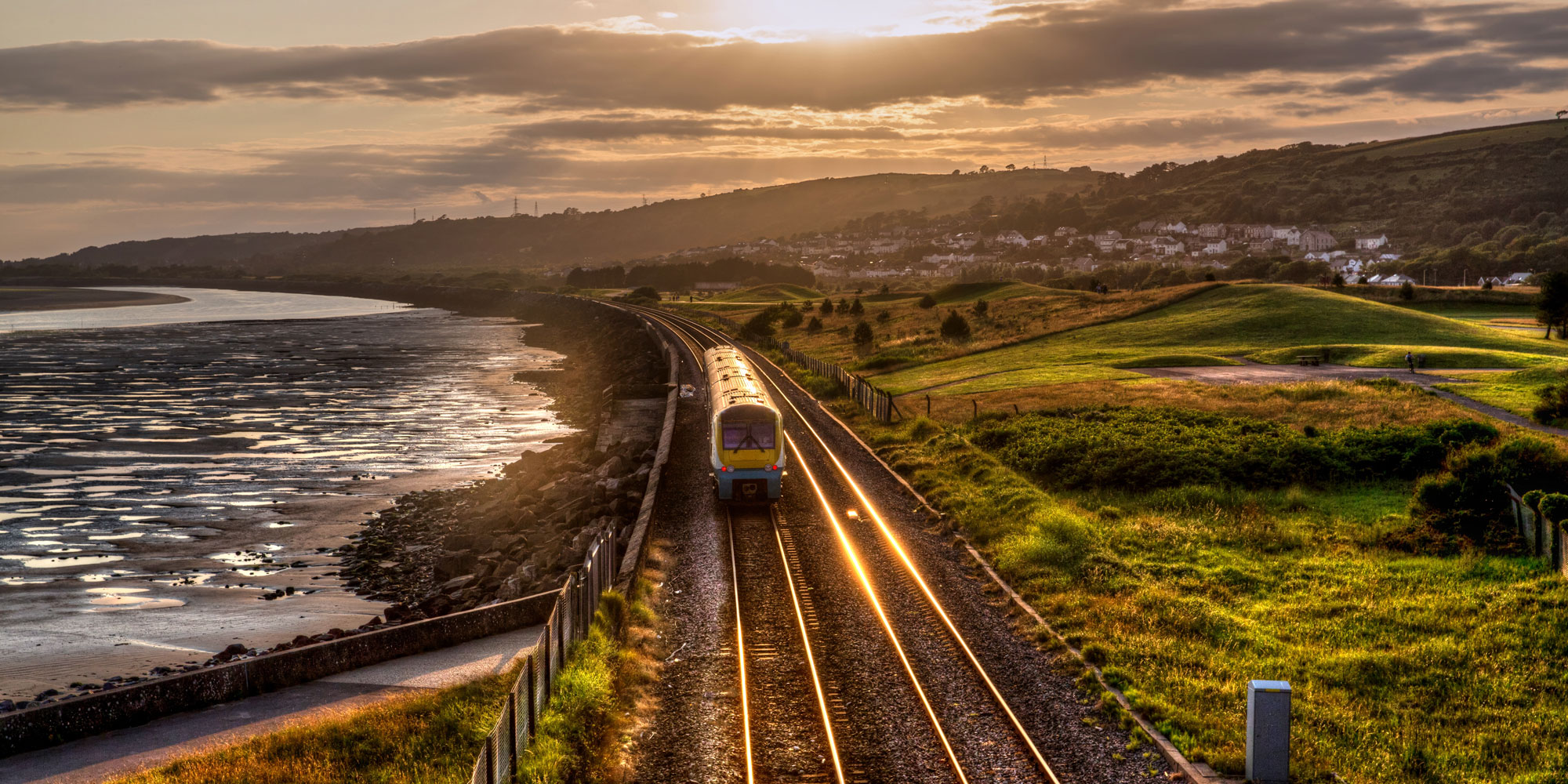
Everyone knows that it pays to book in advance. Cheaper, advance train tickets are sold on a first-come, first-served basis – so sign up for a free alert on Trainline to make sure you’re at the front of the queue. You’ll receive an email when advance tickets for your journey go on sale, usually around 12 weeks before the date of travel. Booking in advance is especially important around big holidays, such as Christmas train travel.
Don’t actually book through Trainline, though: it adds a sneaky booking fee of up to £2.79. Purchase on any of the train operators' own websites to avoid this.
We managed to get a return ticket from London to York for £50 – £80 cheaper than an off-peak return (£130.40). The only catch is that tickets are non-refundable, meaning you’ll usually have to pay a £10 admin fee and the difference in fare for any changes.
Here’s how to buy cheap European train tickets
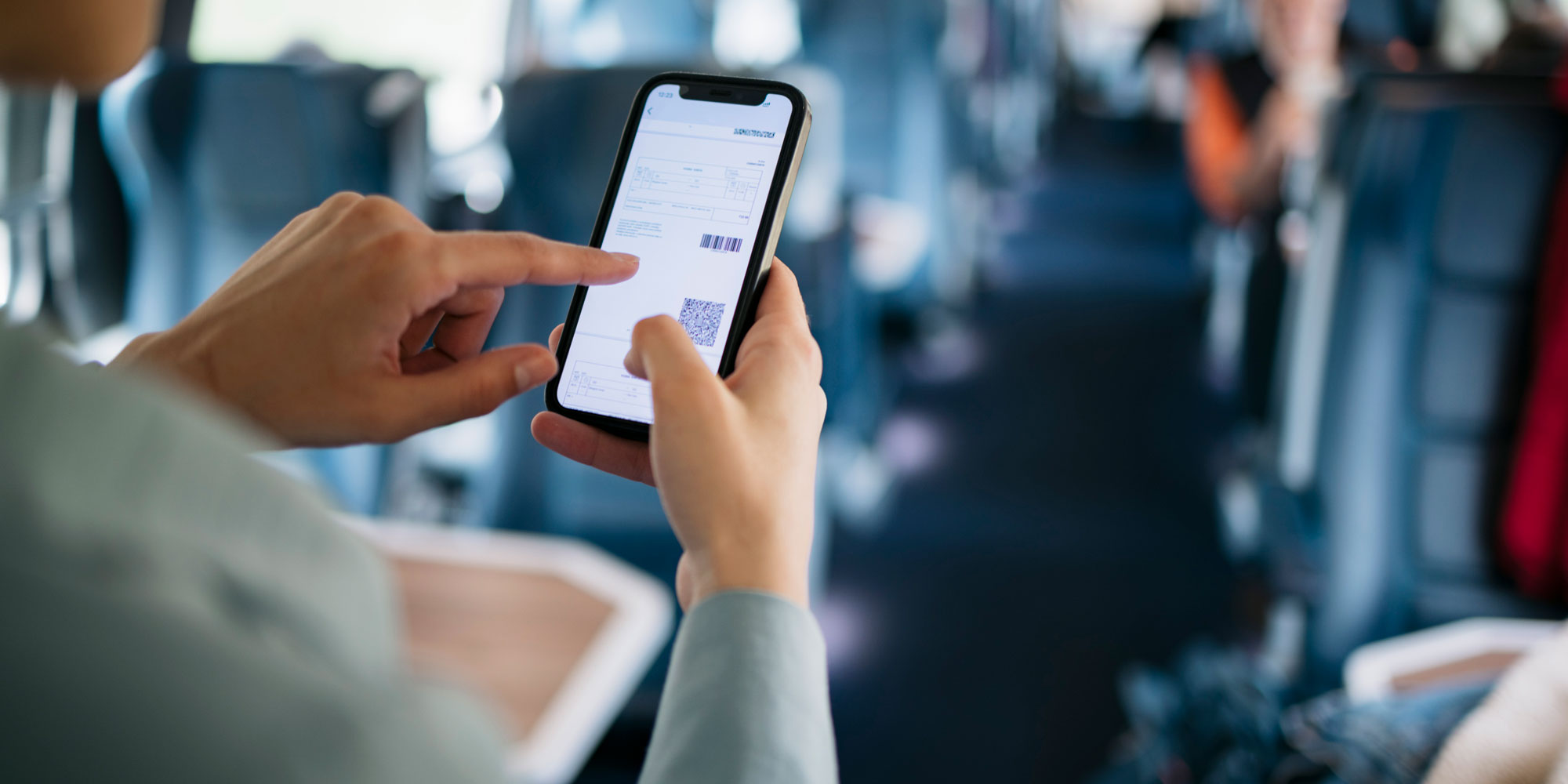
Splitting your journey and buying two or more tickets can be much cheaper than a single through fare. You don’t need to get off at the stations named on your tickets – the only rule is that your train must stop at them.
Ticket-splitting websites and apps (such as Split My Fare, Tickety Split and Trainline’s own SplitSave option) are the best way to find these fares. Most charge a fee, typically up to 15% of any saving.
When we checked, we found a return ticket from London to Edinburgh for £104 on Ticketysplit – vs £186 for a standard return. No single site has the cheapest fare every time, so try a few before you commit. Make sure to check journey duration times too: sometimes cheaper journeys can mean slower trains or more waiting around for connections, which may not suit you.
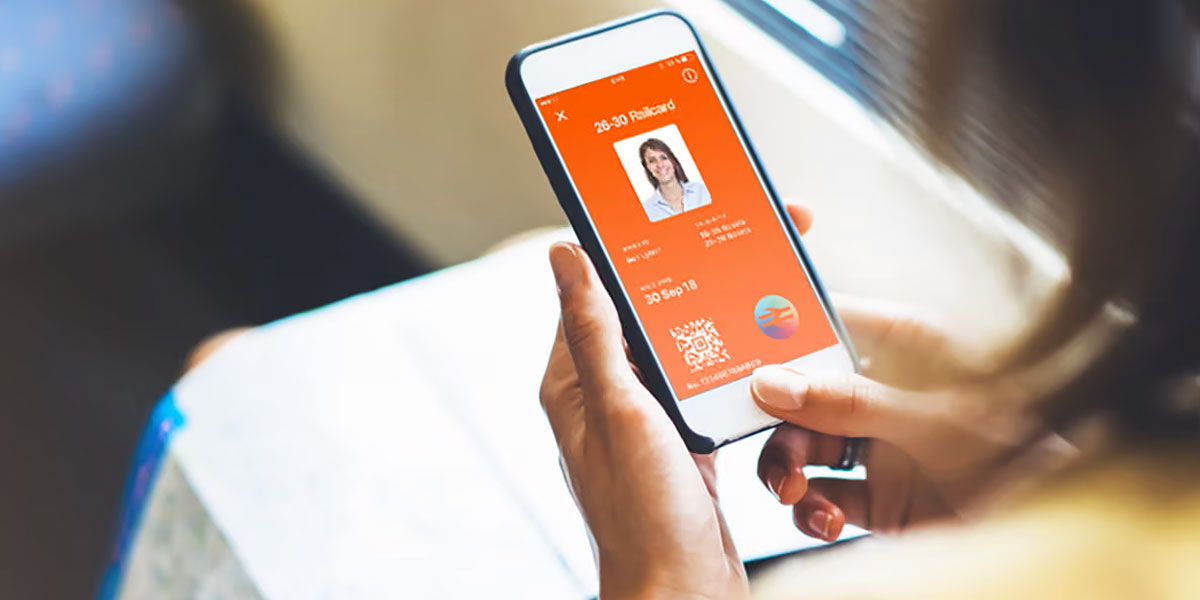
Most people are familiar with the Senior Railcard and those for specific younger age brackets (ie 16-25), but fewer of us are aware of the Two Together offer. Just go halves with the person you travel with most frequently – whether that’s a partner or friend – and you’ll get a third off fares when you travel together, except on morning peak services.
A railcard is £35 for the year, but it can potentially pay for itself in a single trip. For example, you’d save £23.50 each, £47 in total, on an off-peak return from Birmingham to Glasgow – even after you factor in the card purchase.
Alternatively, if you’re a Tesco Clubcard member, vouchers are worth double their value, meaning you’ll only need £17.50 to buy the Two Together railcard.

Whatever you do, don’t show up at the station without a ticket. Only one in six stations have a full-time ticket office – and more than 700 don’t have one at all. It means you’ll be forced to use the ticket machine and, according to a Which? investigation, this can more than double the price of your fare.
We sent mystery shoppers to 15 train stations across England and found that ticket machines were charging up to 154% more than booking online, with the best-value fares unavailable or hard to find.
Same-day tickets were 52% more expensive on average when bought from a machine. A one-way fare from Northampton to Cardiff was £107 from a machine, but just £43 from online retailer Trainline – less than half the price.

Who to book with, how to get the best deals plus inspiring destination ideas from the experts, for only £49 for the year.
Join Which? Travel